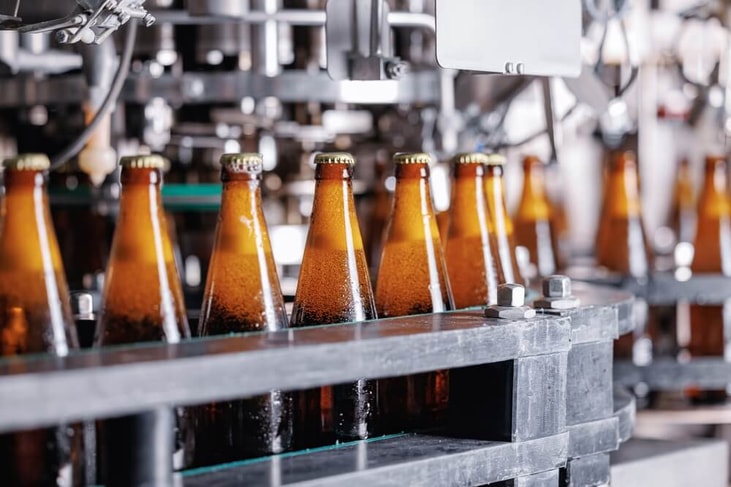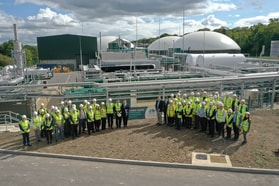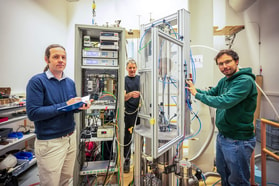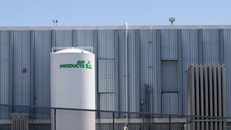UK CO2 supply strain exposes dependency on big producers
Carbon dioxide supply is tightening across the UK, with industry sources warning that the system remains highly vulnerable to disruption. While seasonal dips in supply are expected in summer, producers say the issue is intensified by an over-reliance on a small number of high-volume producers in the UK and Europe.
Summer shortages are a familiar pattern in the industrial gases sector. Demand typically spikes in the food and beverage industry, just as ammonia and bioethanol plants – key producers of by-product CO2 – scale back for maintenance, having already met the winter-driven demand for fertiliser and fuel.
However, multiple warning lights have been flashing this year. At least one UK plant is currently facing technical difficulties, while two major European CO2-producing plants are reportedly operating well below capacity.
... to continue reading you must be subscribed
























